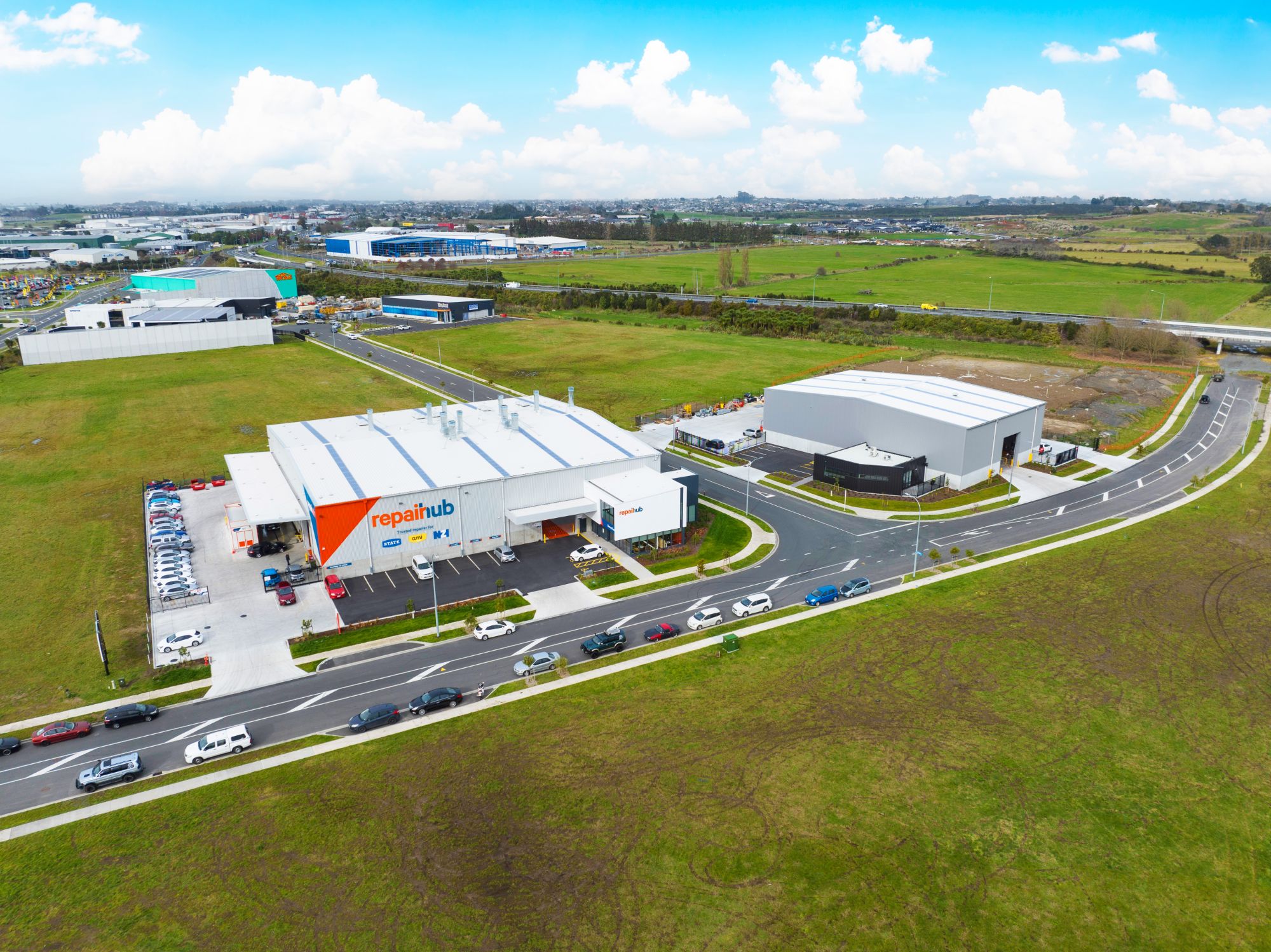The impact of COVID-19 has totally changed the landscape and some businesses are seeking access to cash to keep trading while others are in need of funds to grow their business and meet demand. This includes not only those small local businesses but also right up to large corporate entities.
What is a Sale & Leaseback?
The sale and leaseback is a transaction that may offer a company, that owns its own building or buildings, a valuable solution to quickly raise capital by leveraging its property ownership without the need to disrupt its daily operation.
In short, an easy way for a business to improve its cash position by selling its own real estate yet continuing to use the property under a long-term lease. In the current low interest rate environment, potential investors are seeking income-producing commercial and industrial real estate with a tenant who offers stability and will commit to a long term lease. The owner sells its property and instantly releases capital to fund its continued operation and the buyer secures a long-term investment leased to an established tenant. Both parties enjoy a benefit and solve a problem.
For many businesses property ownership is not a core component of their operation. Selling can allow reallocation of funds to reduce debt or grow a business through acquisition, develop additional facilities, technology and equipment.
Sale and leaseback transactions come in all shapes and sizes, applying equally to large businesses who may have multiple nationwide properties through to smaller local businesses who may own their own industrial warehouse, retail space or office.
What Are the Benefits?
Fastest Way to Raise Funds: A straightforward process that causes no disruption to the operation of the business.
Maximise Current Value: Capitalise on the intended long-term occupation and turn this into cash.
Can Be Achieved With No Publicity: If privacy is important, the process can be completed with discretion and no one other than those involved need to know.
Reduce Debt: Release the hidden equity in the property, pay off any debt, improve your balance sheet and redirect funds to where they are most needed.
Specify Your Own Lease Terms: The lease you sign is a condition of the sale and can be tailored to meet the requirements of the business. The lease terms can include multiple rights of renewal to provide long term security.
Choose Your Own Timing: You choose when you want realise the equity in the property instead of waiting to sell when it is no longer required.
Control: Although no longer the owner, you maintain effective control without tying up financial resources.
Better Returns: The return or yield from real estate is typically lower than returns from an organisation’s core business, creating positive leverage by converting real estate value into capital for the business.
Is There a Downside?
You Will Have a Landlord: Ownership will pass to an investor and you will be obligated to pay the rental and outgoings, and comply with the lease terms.
Capital Appreciation & Gains: You will no longer get the benefit of any increase in property value and equally you will not be exposed to a decline in value if the market changes.
Ability to Obtain Finance: No longer owning the property may mean banks and financiers are conservative towards lending as there is no property against which to secure loans.
Costs: There are professional legal and accounting fees, plus potential taxation issues to be considered.
Rental: You may be obligated to pay a higher than fair market rent should the commercial rental market decline.
Other Considerations
When it comes to structuring the lease, there is no set standard. Careful consideration should be given to the business’s operational requirements to ensure lease terms align with future plans. For example, this may mean negotiating an appropriate length of lease with rights of renewal to avoid expensive relocation or possibly the right to terminate after a certain time to allow for expansion.
It is also very important that the lease terms offered are in line with what investors are looking for, i.e. long-term leases at market rentals with regular reviews will generate much stronger buyer interest and a higher price than will a short-term lease with above market rental and limited opportunity for rental growth.
Getting the terms right to maximise the sale price whilst ensuring these are sustainable long term and provide flexibility should the need arise is a balancing act and must involve all stakeholders in the business. Multiple considerations must be taken into account and the pros and cons weighed up to determine if a sale and leaseback works for you and your business.
The commercial real estate market reacts quickly to changing conditions. Ensure you get the best advice, to discuss how a sale and leaseback could work for you, call me on 09 486 9205 or email andrew.bruce@naiharcourts.co.nz.




